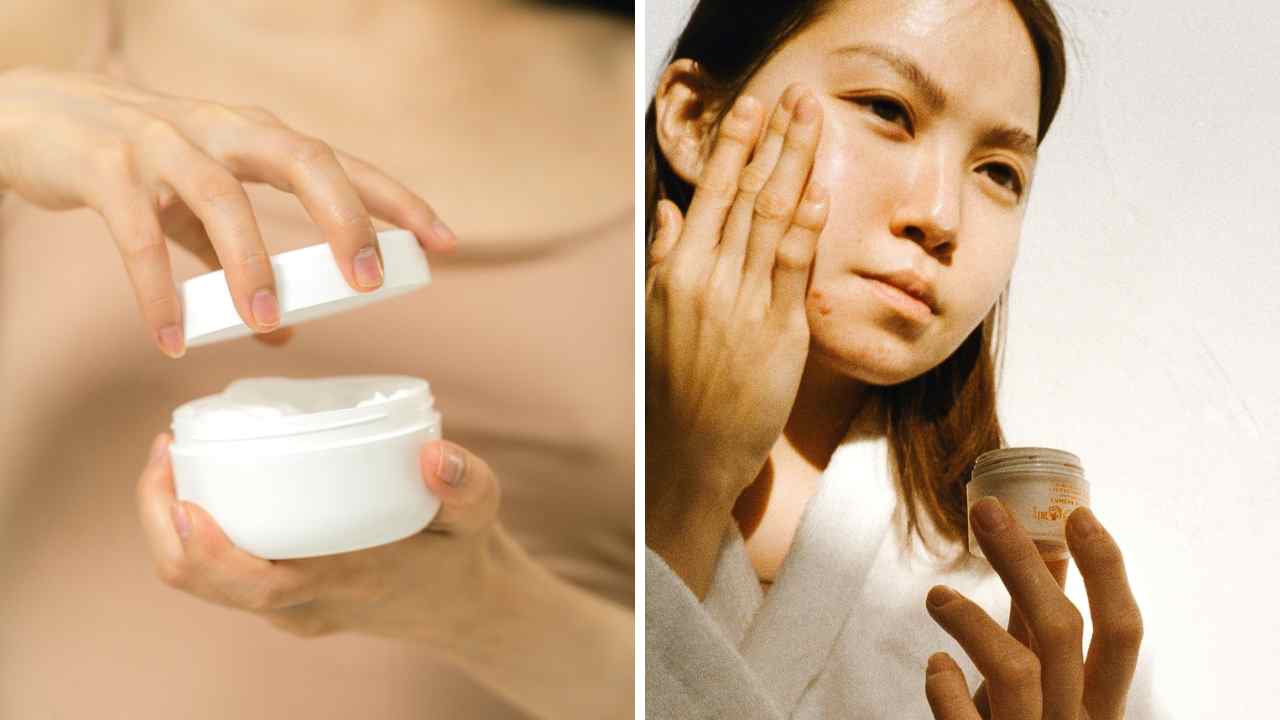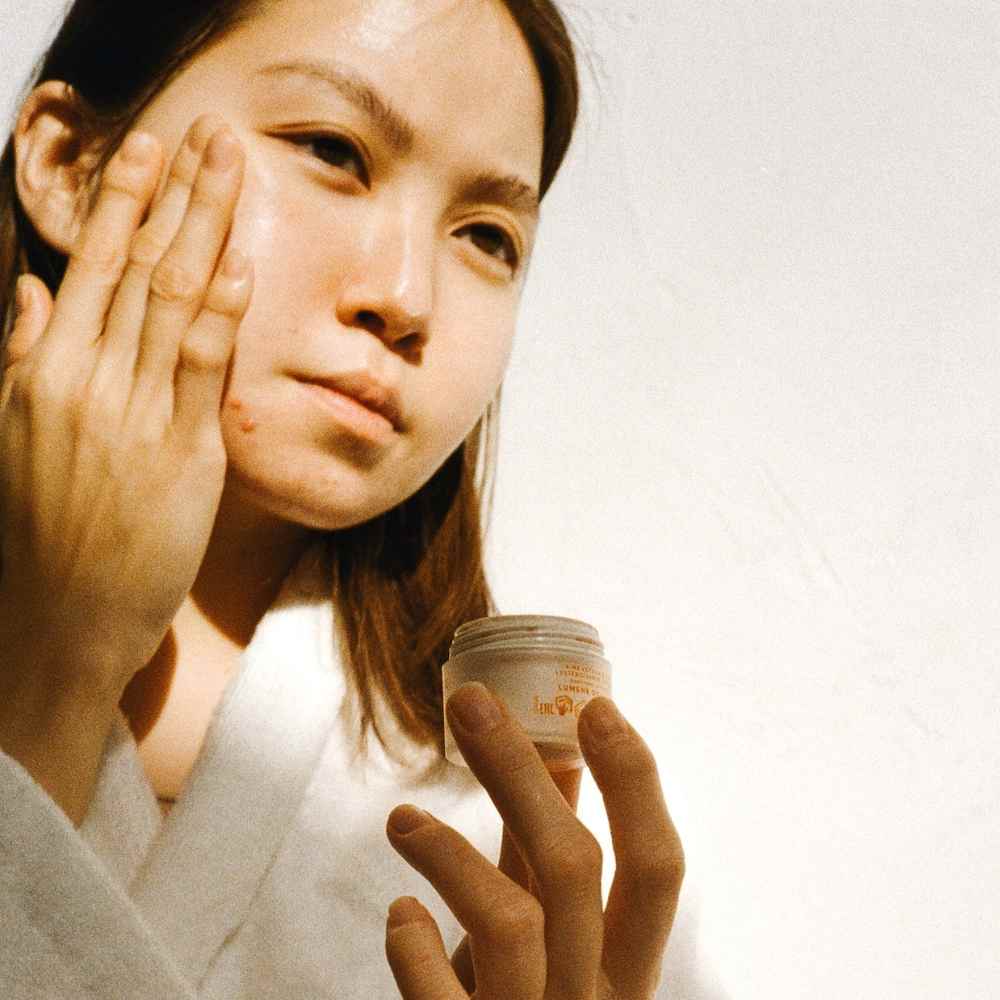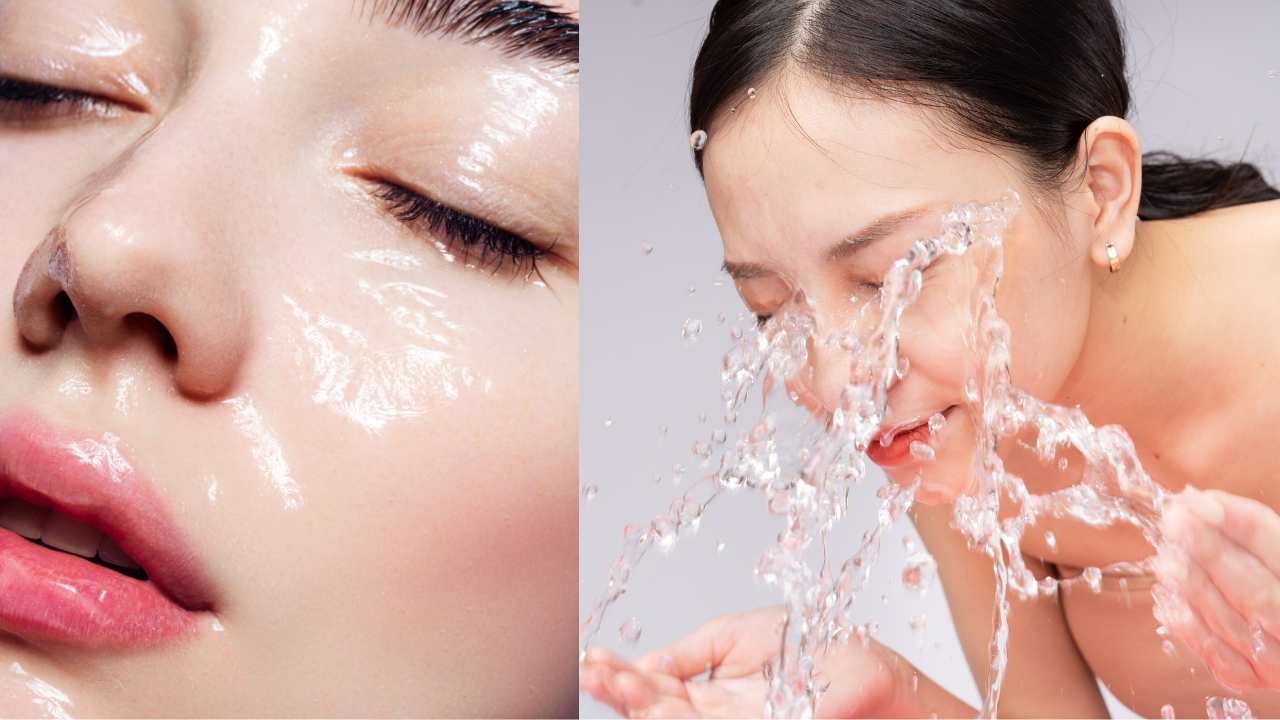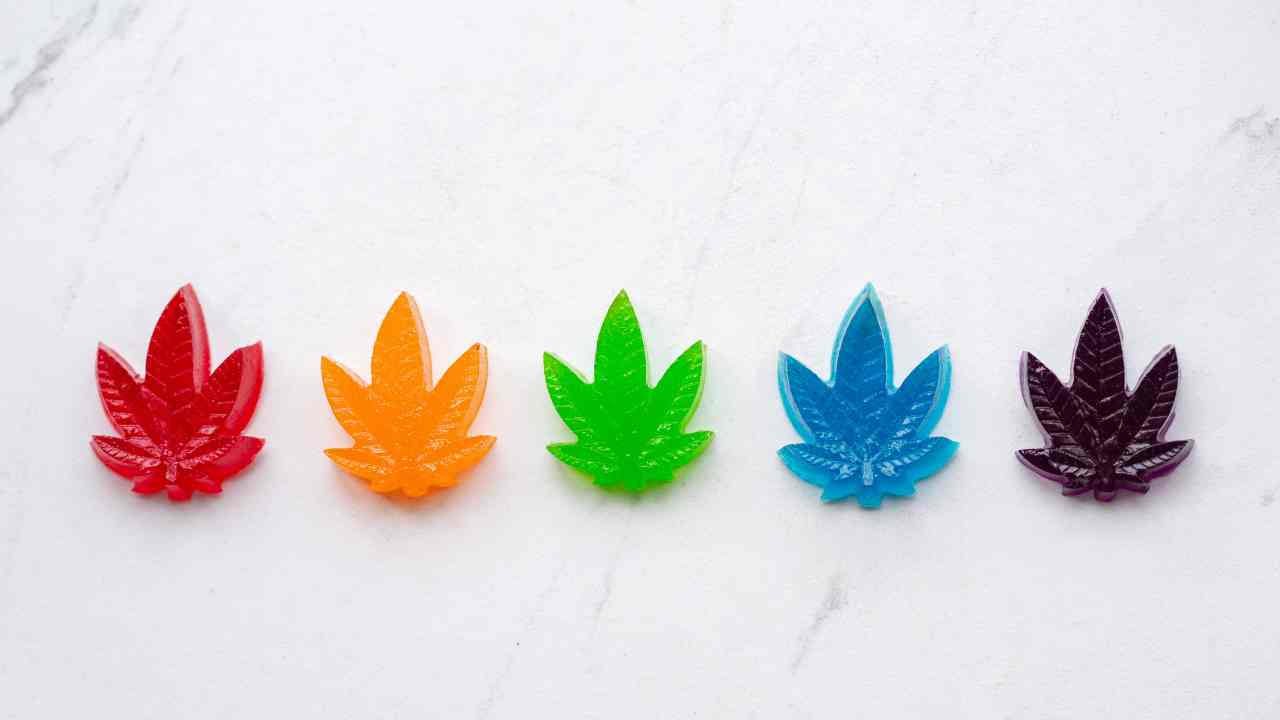
Help! Why Is My Skin So Sensitive All of a Sudden?
If you're reading this, it's likely that your skin has recently become more sensitive than usual.
You may have noticed that certain skincare products you've used for years are now causing irritation, redness or dryness.
So what's causing this sudden change? Well, the truth is, there are a variety of factors that can contribute to an increase in skin sensitivity.
In this post, we'll explore the common causes of extremely sensitive skin and ways to prevent and treat them.
First off, it's important to note that there are two main types of skin sensitivities: intrinsic (related to an underlying medical condition) and extrinsic (caused by external factors such as exposure to harsh chemicals or environmental conditions).
It's important to understand what causes skin sensitivity, and then determine which measures you can take to help reduce its effects. Here are some of the triggers to your skin sensitivity.

Lifestyle Factors
There are many lifestyle factors that can contribute to skin sensitivity. One common factor is your skincare routine.
If you have introduced new products to your routine, your skin may not be used to the ingredients and is reacting adversely.
Environmental factors like too much exposure to the sun, high temperatures and low humidity can also cause your skin to feel itchy, sore and irritated.
Hormonal Changes
Hormonal changes can also significantly impact your skin health and could be the reason why your skin is suddenly sensitive.
The hormonal changes in women's menstrual cycles can cause sudden sensitivity in skin and last for days.
During pregnancy or puberty, hormonal fluctuations can cause the skin to be more sensitive to certain products.
Menopause can also change your skin sensitivity levels causing it to become more dry and thin.
Aging
Aging can cause our skin to become more sensitive all of a sudden. As we age, our bodies produce less natural oils, which can lead to dry skin and skin irritation.
Aging causes the cell renewal process to slow down and the production of collagen decreases - both leading to thinning of the outer layer of skin which in turn makes it easier for irritations or other elements like sunlight to penetrate deeper than before and create a reaction. This is when you start to see more visible blood vessels under your skin, also.
The bottom line is that with age comes an increased sensitivity in our skin - so taking some extra precautions when choosing skincare products (like only using hypoallergenic formulas) may be key in keeping your skin healthy as you get older.
Seasons
It is very common for our skin to have different reactions to changing climates and seasons.
Seasonal changes usually involve fluctuations in humidity, temperature and allergen levels, which can cause our skin to become dry or sensitive.
Exposure to harsh weather conditions can strip away the natural oils that keep your skin hydrated, leading to inflammation and a host of other irritations. Too much sun exposure can cause problems as well.
In addition, seasonal allergies may also contribute significantly to skin sensitivity.
Fortunately, there are certain steps you can take such as moisturizing regularly, avoiding harsh chemicals on the skin, applying sunscreen, wearing loose clothing made from breathable fabrics (such as cotton) and eating plenty of anti-inflammatory foods like fish and berries that may help reduce discomfort caused by changing seasons.
Allergies
Noticing an itchy and irritating rash on your skin indicates an allergy to a product or ingredient you previously were not allergic to.
Talking to a dermatologist will guide you towards an allergy test that will help narrow down the potential allergens causing discomfort.
Do you have a rash that may need emergency medical attention? This video from the American Academy of Dermatology can help guide you to know if you need to seek medical attention or not.
Contact Dermatitis
Allergic contact dermatitis can cause sudden skin sensitivity.
This skin condition occurs when the skin comes in contact with an irritant or allergen, leading to a red and itchy rash that can quickly cause a sensitivity reaction.
Depending on the severity of your reaction, symptoms may range from itchy skin and redness to painful swelling and blistering of the skin.
The best way to find relief from this type of condition is by identifying and avoiding any irritants or allergens causing your sensitivity.
Additionally, topical medications such as hydrocortisone cream may be used to soothe inflammation and reduce discomfort caused by contact dermatitis.
Skincare Products
Using products that don't suit your skin type or contain harmful or irritating ingredients can make skin sensitive.
Even overusing or wrongly applying products can cause your skin to develop a rash as a reaction.
Skincare products can contribute to skin sensitivity, which is why it's crucial to opt for products designed for sensitive skin types.
Stress and Diet
Stress is a significant triggering factor in the development of skin sensitivities. Chronic stress activates the skin's nervous system, which affects the skin barrier function leading to itchiness, redness, and discomfort.
A balanced diet is also paramount in ensuring the smooth functioning of your skin barriers, and malnourishment can make your skin more prone to sensitivity.

What Can I Do About My Sensitive Skin?
Now that you know the type of sensitivity you have, you can decide on the best course of action.
In the case of intrinsic sensitivities, treatment usually involves prescription medications or topical creams.
You should always follow your dermatologist’s instructions when using these products to treat sensitive skin. Overuse or misuse could cause irritation or make your symptoms worse!
If you think you may be suffering from an underlying medical condition, consult with your doctor right away for proper diagnosis and treatment.
When it comes to extrinsic skin sensitivity, there are several steps one can take towards reducing flare-ups:
• Avoid harsh soaps and cleansers - Whether you have oily skin or dry skin you should still opt for gentle formulas specifically designed for sensitive skin.
• Don't forget sunscreen - Even if it seems counterintuitive, sun protection is essential when dealing with sensitive skin since exposure can worsen symptoms significantly! Choose a broad spectrum SPF 30+ formula which offers both UVA and UVB protection against sun damage.
• Reduce stress levels - Stress has been linked with flare-ups in some cases so try finding ways to relax more often like yoga, meditation or even simple breathing exercises throughout the day.
• Consider making dietary changes - Swapping out processed foods for fresh produce will provide essential vitamins and minerals which promote healthy cell regeneration & repair damaged cells more quickly from any kind of irritation caused by product use or environmental factors. This in turn reduces overall incidents associated with irritated skin tremendously!
Plus, consuming foods full of antioxidants will help protect against oxidative damage also known as “free radicals” that contribute further inflammation and redness along other visible signs related with skin conditions
• Hydrate regularly! Drinking plenty of water helps keep moisture locked into our complexion while flushing out toxins at the same time.

Keep Calm for Healthy Skin
Most sudden skin sensitivities come with visible redness, itching or extreme dryness.
However, temporary skincare routine breaks, switching to sensitive skin products, eating a balanced diet and getting ample rest to reduce stress will help restore your skin's moisture barrier.
With a better understanding of why your skin sensitivity has increased, you can now take the necessary steps to restore your skin's health and radiance.
It's important to note that everyone's skin is unique, and as such, results may vary, but with the above tips and tricks, a happy skin is just around the corner.

















